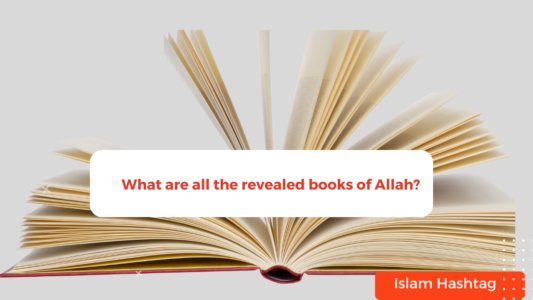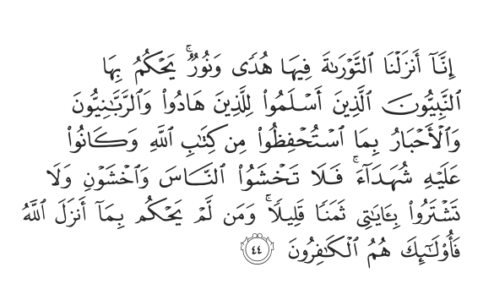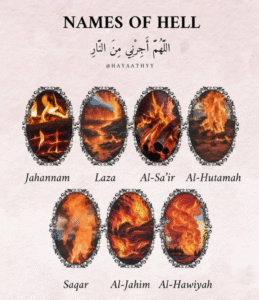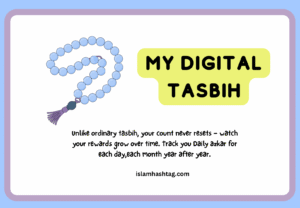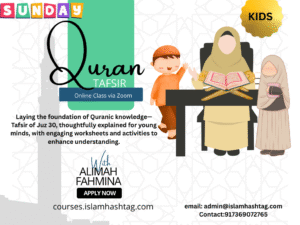What are all the revealed books of Allah? How many revealed books are there?
The exact number of revealed books of Allah is not definitively known, as this is a matter that cannot be asserted with certainty. However, five known revealed books have been mentioned in the Quran.
Ramadan Offer
5 Revealed books of Allah mentioned in Quran
These are:
- The Quran, which was revealed to Prophet Muhammad (peace be upon him),
- The Torah, revealed to Prophet Musa (Moses, peace be upon him),
- The Injil (Gospel), revealed to Prophet Isa (Jesus, peace be upon him),
- The Zabur (Psalms), revealed to Prophet Dawud (David, peace be upon him), and
- The Suhuf (Scrolls), revealed to Prophet Ibrahim (Abraham, peace be upon him).
It is obligatory for Muslims to believe in the divine books as a whole, without necessarily needing to know all their details. Although some narrations claim that the number of revealed books reaches 104, this is considered a fabricated and unreliable hadith.
The Revealed Books Mentioned in the Quran and Sunnah
The Quran mentions five names of the revealed books sent to various messengers:
- The Quran: The term “Quran” comes from the Arabic root “qara’a,” meaning “to gather” or “to recite.” The Quran it gathers stories, commands, and verses. It is the word of Allah revealed to Prophet Muhammad (peace be upon him) and transmitted in written form through continuous transmission. Its language is inimitable.
- The Injil: This book was revealed to Prophet Isa (Jesus, peace be upon him). The Quran mentions it 12 times, describing it as a guide, a light, and a source of counsel for the righteous.
- The Torah: Revealed to Prophet Musa (Moses, peace be upon him), the Torah is mentioned 18 times in the Quran, and it is described as containing guidance, light, and a differentiation between right and wrong.
- The Zabur: This book was revealed to Prophet Dawud (David, peace be upon him). Allah states in the Quran: “And We gave Dawud the Zabur.”
- The Suhuf (Scrolls) of Ibrahim: These were revealed to Prophet Ibrahim (peace be upon him), as mentioned in the Quran: “(The scrolls of) Ibrahim and Musa.”
Indeed, We revealed the Torah, containing guidance and light, by which the prophets, who submitted themselves to Allah, made judgments for Jews. So too did the rabbis and scholars judge according to Allah’s Book, with which they were entrusted and of which they were made keepers. So do not fear the people; fear Me! Nor trade my revelations for a fleeting gain. And those who do not judge by what Allah has revealed are ˹truly˺ the disbelievers.(5:44)
Then in the footsteps of the prophets, We sent Jesus, son of Mary, confirming the Torah revealed before him. And We gave him the Gospel containing guidance and light and confirming what was revealed in the Torah—a guide and a lesson to the God-fearing.(5:46)
the Scriptures of Abraham and Moses.(87:19)
The First Revealed Book
The first revealed book came to Prophet Idris (Enoch, peace be upon him), the third prophet after Adam and Sheeth (Seth). He received 30 scrolls, containing rulings for humans and secrets of the universe. These revelations align with Islamic traditions and certain Jewish manuscripts, such as the Dead Sea Scrolls.
Difference Between the Divine Books and Scrolls
There is no fundamental difference between the divine books and the scrolls, as both were revelations from Allah to His prophets. They contained rulings and guidance related to the oneness of Allah. For instance, the Quran refers to both “books” and “scrolls” in different contexts when speaking about the same prophets.
Summary
The revealed books are an essential part of faith in Islam, being one of the six pillars of belief. Although there is no clear distinction between the divine books and scrolls, they both served as sources of guidance for humanity, primarily emphasizing the oneness of Allah. The first of these revelations was given to Prophet Idris (peace be upon him).
Read more article – latest article
Reference:
- . Dr. Muhammad bin Abdulrahman Abu Saif Al-Juhani (1433 AH), “Belief in the Books” (1st edition), Medina: King Fahd National Library, pages 59-61.
- Dr. Ali Muhammad Muhammad Al-Sallabi (2010), “Belief in the Quran and the Revealed Books” (1st edition), pages 149-151.
- others
Discover more from Islam Hashtag
Subscribe to get the latest posts sent to your email.

